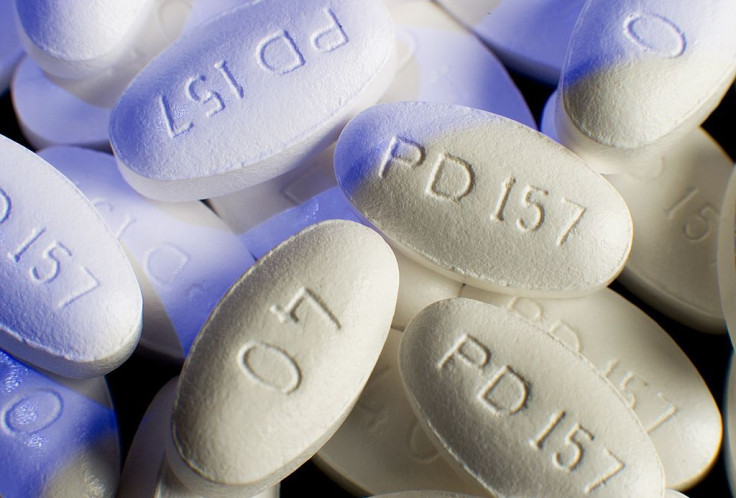Are Statins Risky? Researchers Say Drawbacks Of Cholesterol-Controlling Drug Exaggerated

Cholesterol-control drug statins have often being said to do more harm than good. However, a major new review suggests that it is exactly the opposite and the drawbacks of the drug are exaggerated.
According to the Centers for Disease Control and Prevention, 93 percent of American adults using a cholesterol-lowering medication used a statin by 2011 and 2012. The drug lessens the build-up of fatty plaques that cause blockages in blood vessels.
The review led by Rory Collins, professor of medicine and epidemiology at the University of Oxford, stated that concerns surrounding statins’ harm may be overstated and that efficacy are undermined.
“There seemed to be a lot of confusion, particularly around the alleged side effects of statins,” Collins said. “There is a claim that 20 percent of patients given statins claim to be statin intolerant.”
Researchers examined the available information for the effects of taking an average 40mg daily dose of statins in 10,000 patients for five years. They found that the dosage reduced cholesterol levels to prevent 1,000 major cardiovascular problems such as heart attacks, strokes and coronary artery bypasses in those who suffered existing vascular disease. The reduced cholesterol levels also prevented in 500 instances of cardiovascular issues in people who were at risk due to age or other health problems such as high blood pressure or diabetes.
Statins reduced risk of heart problems by about 25 percent for every unit drop in cholesterol levels, each year the drugs were taken, according to Collins. This was in comparison to those who did not take the medications.
Randomized controlled trials also indicated that the average dose of statin resulted in relatively low level of side effects. The study showed that, in the 10,000 patients, certain side effects such as about 50 to 100 of adverse events such as muscle pain were found.
“Our review shows that the numbers of people who avoid heart attacks and strokes by taking statin therapy are very much larger than the numbers who have side effects with it. In addition, whereas most of the side effects can be reversed with no residual effects by stopping the statin, the effects of a heart attack or stroke not being prevented are irreversible and can be devastating,” Collins said.
“Consequently, there is a serious cost to public health from making misleading claims about high side effect rates that inappropriately dissuade people from taking statin therapy despite the proven benefits,” he added.
The review was published in the journal Lancet.



























